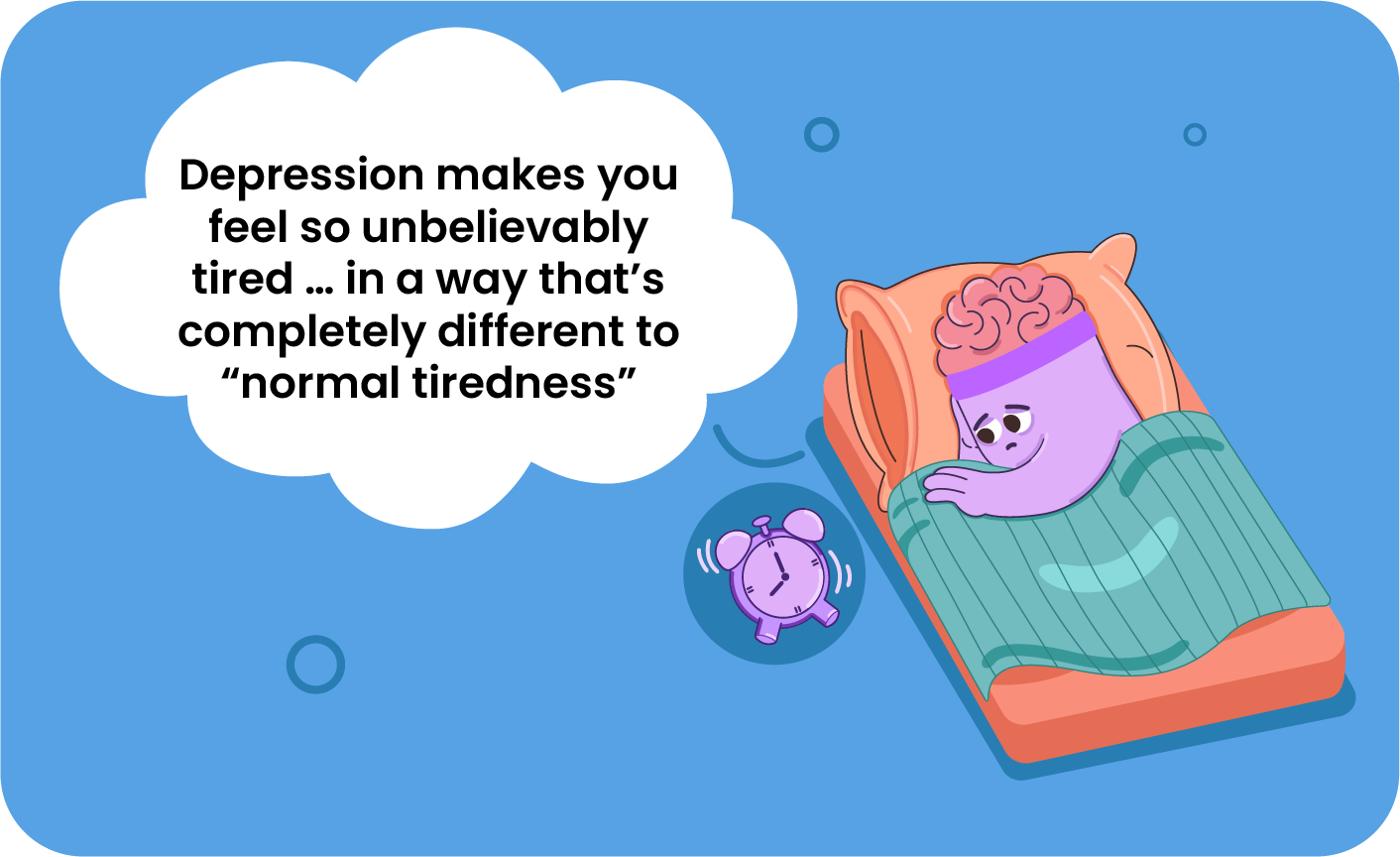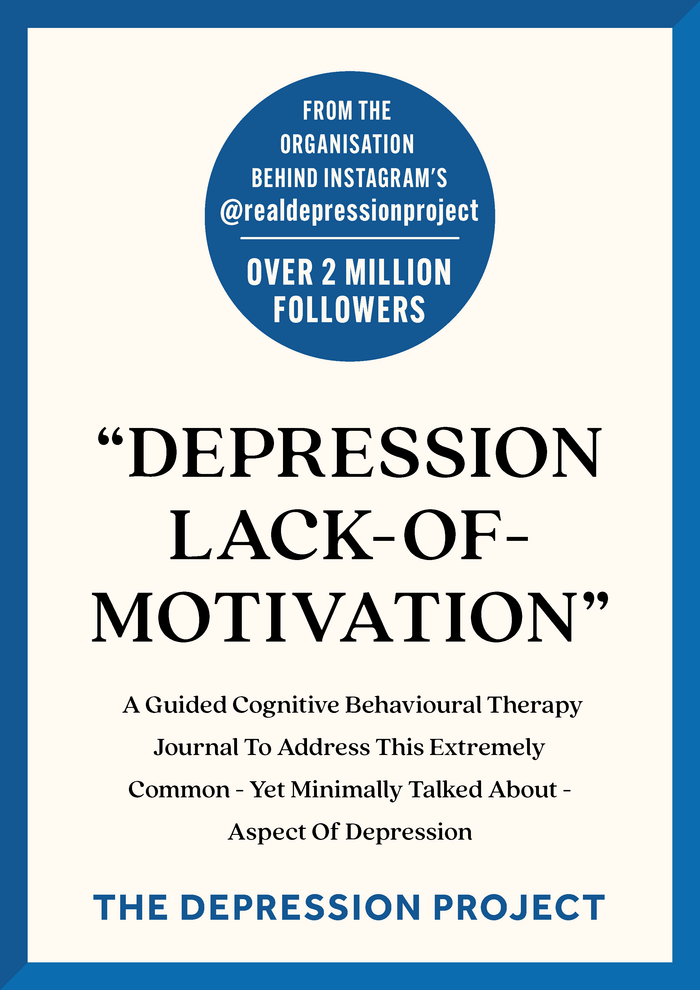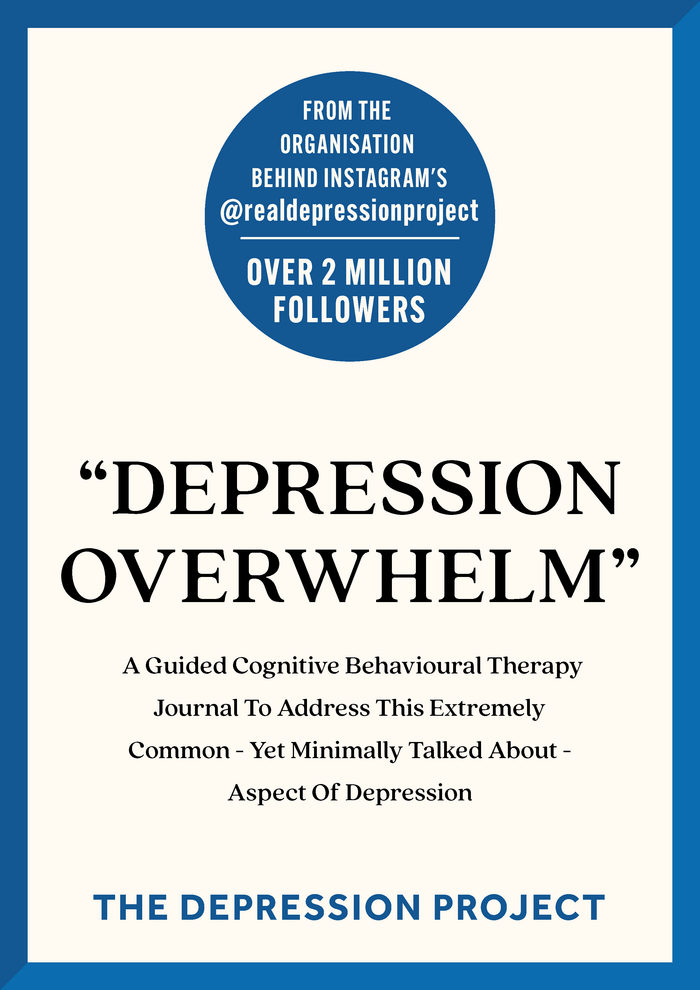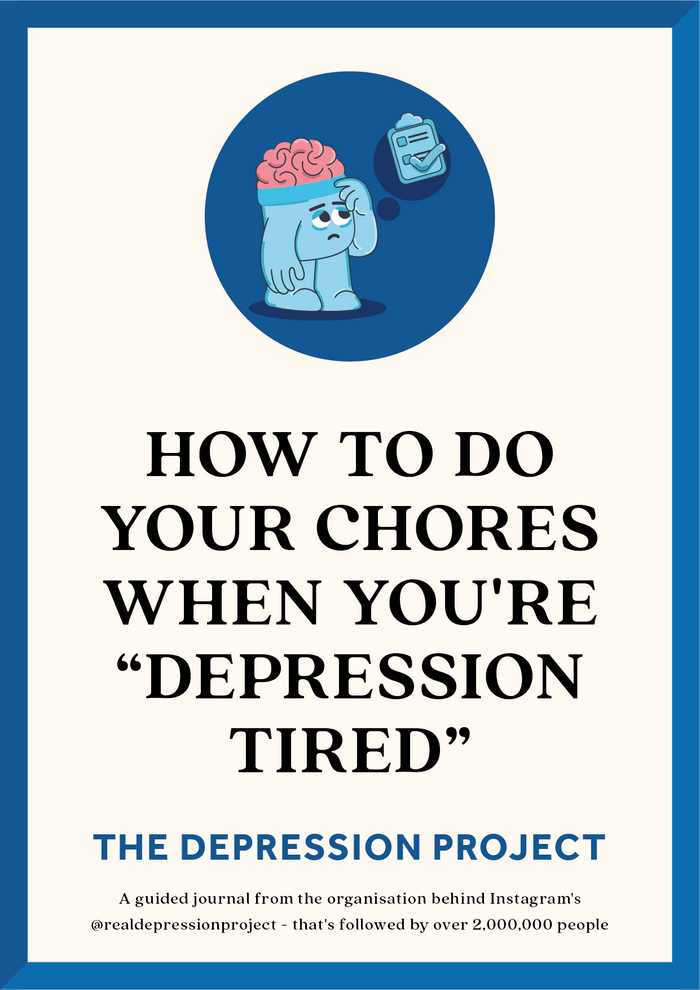As we at The Depression Project hear from members of our 3,000,000+ person social media community literally every single day, when you’re fighting depression, it’s extremely common to “oversleep” – or in other words, to sleep much more than somebody who isn’t fighting depression. And, if you can relate or know someone who can, then in this blog post, we’d like to share with you:
- The reasons why “oversleeping” is so common when you have depression;
- Tips to help motivate you to get out of bed when you have depression;
- Links to some additional resources that share further strategies which can help you to get out of bed when you're in a depressive episode.
With that being said, as soon as you’re ready, let’s get started!
The Reasons Why It’s So Common To “Oversleep” When You Have Depression
Sadly – and unfairly – it’s common for people with depression who “oversleep” to be criticised as being “lazy” by the people around them. However, there are a number of reasons why “oversleeping” when you have depression is completely understandable. In particular, these reasons include:
- Firstly, like we often talk about at The Depression Project, depression is very commonly associated with deep feelings of exhaustion (which we label "depression exhaustion", "depression tiredness" or "depression fatigue"). In particular, as we explain in this blog post, "depression tiredness" is very, very different from "normal tiredness", and it's a major reason why it's extremely common for people fighting depression to sleep significantly more than they would if they weren't fighting depression, and significantly more than other people who aren't fighting depression. In fact, like countless people with depression have told us, "depression tiredness" can be so completely, utterly and debilitatingly consuming that it can make the mere act of getting out of bed feel like climbing a mountain - and when this is the case, it of course explains why people with depression can be prone to staying in bed and sleeping.
- Secondly, like we also often talk about at The Depression Project, in addition to "depression tiredness", lack of motivation is also closely associated with depression - which, like countless people with depression have also told us, can make it feel as if there's no point in getting out of bed and doing anything but sleeping.
- Furthermore, when you're battling depression and are consumed with negative thoughts like "I'm a failure", "I'm a burden", "I'm unlovable" and "I'm not enough" for example, as well as painful emotions such as feelings of misery, worthlessness and hopelessness, then life can feel like a nightmare that you want to escape from. And, when this is the case, then sleep can give people who are fighting depression a much-needed break from their suffering. Or, to put it another way, for many people fighting depression, sleep can be the only time when they feel "safe and OK".
Tips To Help Motivate You To Get Out Of Bed When You Have Depression
A little while ago on social media, we asked members of The Depression Project’s community:
What helps you get out of bed when you have depression?
And, if you can relate to “oversleeping” and struggling to get out of bed when you’re in a depressive episode, then right now, we’d like to share some of the responses with you!
- “I know from experience that if I stay in bed all day, I’ll feel worse about myself and sink even deeper into depression. So, even when I don’t feel like getting out of bed, I remind myself of this to motivate myself and then I force myself up. It helps to get the day off to a positive start.”
- “I try to give myself something to look forward to – like having a cup of my favourite tea with breakfast.”
- “I set my alarm on my phone and leave it on the other side of my bedroom. Listening to it all day will drive me crazy, so I HAVE to get up out of bed to turn it off!”
- "My psychiatrist said that even if I did nothing else all day, I should get dressed before 10. Then go and sit on the sofa under a blanket by all means, but to stay in bed all day would make my mental health worse over all. Remembering and doing this has helped on my worst days, even if sometimes it’s midday before I’m dressed. I ALWAYS feel better if I do just that one thing."
- "I remember to take baby steps: first sit, then stretch legs, then get up, then make bed as best as possible and then after that, the machine starts moving. And through this process I repeat in my head: 'it's not you, it's this illness. Don't be a slave, fight, get up, it's not you! Fight!'"
- "What motivates me to get out of bed in the morning? Commitment and determination to provide for my family."
- "My cat needs feeding, so I need to get up, get dressed and get out for a walk. And, when I do, I feel better within minutes of reaching the path to the beach."
- "My daughter. As a single parent, I don’t have the option to not get out of bed."
- "I practice gratitude and also plan in when I’m going to exercise that week. High intensity exercise gets rid of any negativity and makes me feel great. Staying off alcohol is also good. I also try and keep myself busy."
- "I give myself one small task to do each day. That motivates me to get out of bed and make a start. If I feel better after that task, I do another one, and if not, I chill for the rest of the day. Basically keeping busy helps keep my depression at bay a little bit. So, I try to make myself busy."
- "My dog! One of the main reasons I got him was because I care for him sometimes more than myself. Even if I don’t want to get up or eat, I know he still does."
- "Me giving myself a talking to helps get me going once I wake up. Just being kind and telling myself that I can just do the bare minimum to get through the day."
- "The alternative is staying in bed and feeling even worse. So, I push myself to get up and get in the shower. I then say at least three things I’m grateful for. It has taken a long time, but I have trained my brain most of the time to do this!"
- "That first alarm that wakes me up for work - I have to get up. The more I lay awake in my head, the more I want to call off of work and stay in bed."
- "Honestly, my dog, and I’ve found some peace in creating a routine for myself. Making a smoothie for breakfast then taking him on a walk, teaching him new tricks. I never believed in the 'therapy/emotional support animal' but now, it’s so clear to me. He’s my reason on so many hard days."
If You Tend To “Oversleep” And Find It Difficult To Get Out Of Bed When You’re In A Depressive Episode, Then You May Also Find These Resources Helpful!
Like we’ve said, when you’re in a depressive episode, lack of motivation and/or feeling completely and utterly exhausted can make getting out of bed feel extremely overwhelming. And, for this reason, we'd like to recommend three cognitive behavioural therapy-based journals that we think you’ll find really helpful in particular:
Final Words When It Comes To “Oversleeping” And Finding It Difficult To Get Out Of Bed When You Have Depression
So, in this blog post, we’ve covered a lot of ground regarding “oversleeping” when you have depression and finding it difficult to get out of bed, including:
- The reasons why “oversleeping” is so common when you have depression;
- Tips to help motivate you to get out of bed when you have depression.
And, before we bring this blog post to a close, we’d just like to remind you that “oversleeping” and struggling to get out of bed when you have depression is extremely, extremely, extremely common. And, for this reason, if you do “oversleep” and spend much or even all of the day in bed when you’re in a depressive episode, then please know that you are not alone, and that given everything you’re going through, it’s very understandable and nothing to be ashamed of.
From the bottom of our hearts, we really hope that you’ve found this blog post helpful.
All our love,
The Depression Project Team.




